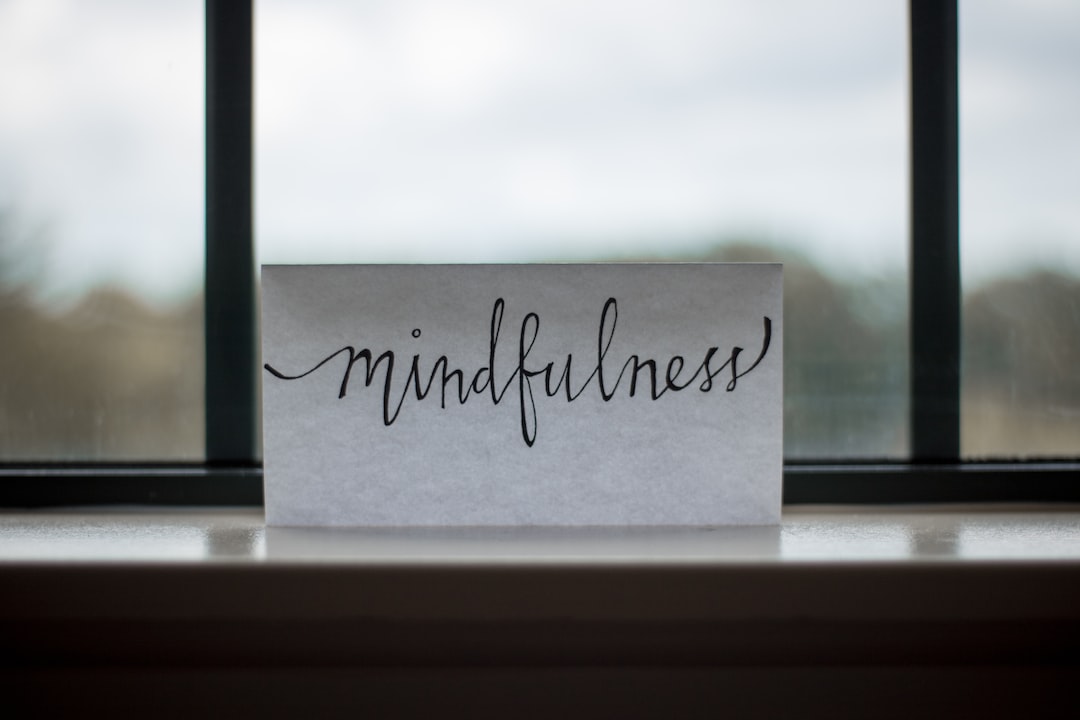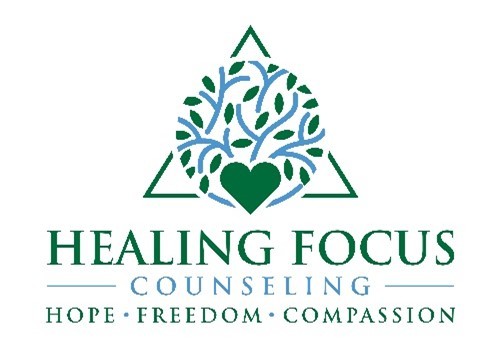Harnessing Mindfulness to Overcome Daily Stress: A Path to Inner Calm

Healing Focus Counseling, Sandy UT – 801-679-3932
In today’s fast-paced world, stress has become an integral part of our daily lives. Balancing work, relationships, and personal responsibilities can leave us feeling overwhelmed and mentally exhausted. However, by incorporating mindfulness practices into our daily routines, we can cultivate a sense of inner calm and effectively manage the stress that we encounter. In this blog, we will explore the power of mindfulness in overcoming daily stress, supported by references and real-life examples.
1. Understanding Mindfulness:
Mindfulness is the practice of being fully present and aware of the current moment, without judgment. It involves directing our attention to the present experience, whether it is our thoughts, bodily sensations, or external environment. By doing so, we can detach ourselves from worries about the past or future, reducing stress and anxiety.
2. Cultivating Mindfulness:
To incorporate mindfulness into our lives, we can engage in various techniques such as meditation, deep breathing exercises, and body scans. These practices help us become more attuned to our thoughts and emotions, allowing us to respond to stressors with clarity and composure.
3. Mindfulness-Based Stress Reduction (MBSR):
Developed by Jon Kabat-Zinn, MBSR is a structured program that integrates mindfulness practices into daily life to reduce stress. It combines meditation, gentle yoga, and mindful awareness exercises. Numerous studies have shown that MBSR improves mental well-being and lowers stress levels in participants, making it an effective tool for managing daily stress.
4. Mindfulness and Work-Related Stress:
Work-related stress is a common source of daily stress for many individuals. By cultivating mindfulness, we can enhance our ability to focus, make better decisions, and handle work pressure more effectively. For example, regularly practicing mindfulness during breaks can help reset our minds and improve productivity.
5. Mindfulness and Relationships:
Interpersonal relationships can sometimes contribute to daily stress. Mindfulness enables us to be fully present in our interactions, enhancing empathy and deepening connections with others. By actively listening and responding with mindfulness, we can diffuse tension and foster healthier relationships, reducing stress in our personal lives.
6. Mindfulness and Self-Care:
Engaging in self-care activities is crucial for overcoming daily stress. Mindfulness can be incorporated into self-care routines, such as taking mindful walks in nature, practicing mindful eating, or enjoying a moment of solitude through meditation. These practices allow us to recharge and replenish our energy, promoting overall well-being.
7. Scientific Evidence:
Scientific research has consistently demonstrated the positive impact of mindfulness on stress reduction. A study published in the Journal of Consulting and Clinical Psychology found that mindfulness-based interventions significantly reduced perceived stress levels in participants. Another study in the Journal of Occupational Health Psychology showed that daily mindfulness practice led to decreased reactivity to stressors and increased resilience.
8. Real-Life Examples:
Sarah, a working professional, struggled with stress caused by long working hours and tight deadlines. She decided to incorporate mindfulness into her routine by practicing mindfulness meditation for 10 minutes each morning. Over time, she noticed a significant reduction in her stress levels and an improvement in her ability to handle work pressures.
John, a college student, experienced stress during exams. He started using mindfulness techniques, such as deep breathing exercises and body scans, to calm his mind before studying and during breaks. This allowed him to approach his exams with a clear and focused mindset, reducing anxiety and improving his performance.
Conclusion:
Mindfulness serves as a powerful tool for overcoming daily stress. By incorporating mindfulness practices into our lives, we can cultivate a greater sense of inner calm and resilience, enabling us to navigate the challenges of our fast-paced world with greater ease. Whether it’s at work, in relationships, or during self-care activities, mindfulness empowers us to be fully present and respond to stressors in a more constructive manner. So, let us embrace mindfulness and embark on a journey towards a stress-free and more fulfilling life.
Contact us at Healing Focus Counseling, 801-679-3932, or www.healingfocuscounseling.com.
References:
1. Kabat-Zinn, J. (1990). Full Catastrophe Living: Using the Wisdom of Your Body and Mind to Face Stress, Pain, and Illness. Delta.
2. Grossman, P., Niemann, L., Schmidt, S., & Walach, H. (2004). Mindfulness-based stress reduction and health benefits: A meta-analysis. Journal of Psychosomatic Research, 57(1), 35-43.
3. Hulsheger, U. R., Alberts, H. J., Feinholdt, A., & Lang, J. W. (2013). Benefits of mindfulness at work: The role of mindfulness in emotion regulation, emotional exhaustion, and job satisfaction. Journal of Applied Psychology, 98(2), 310-325.
